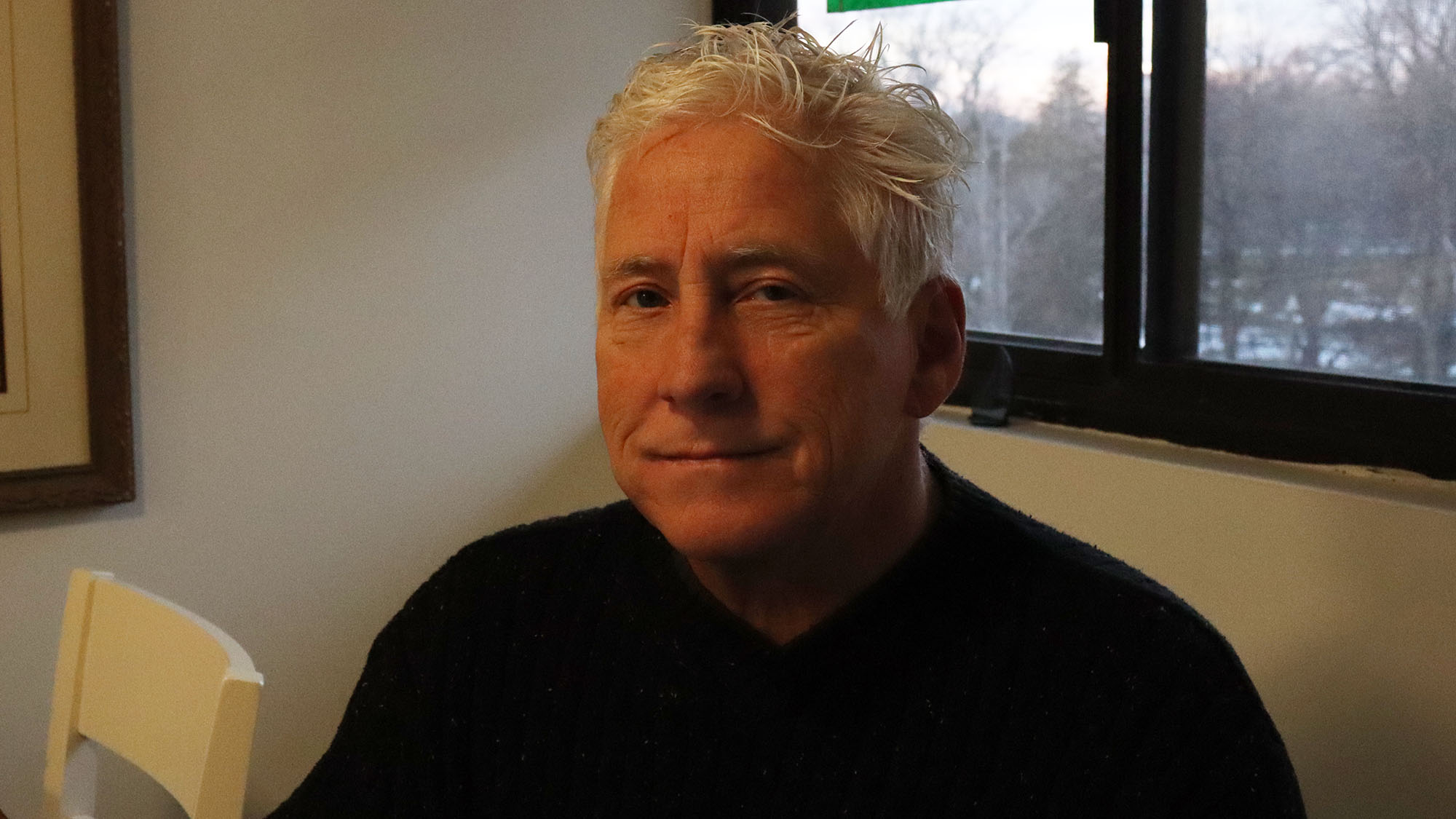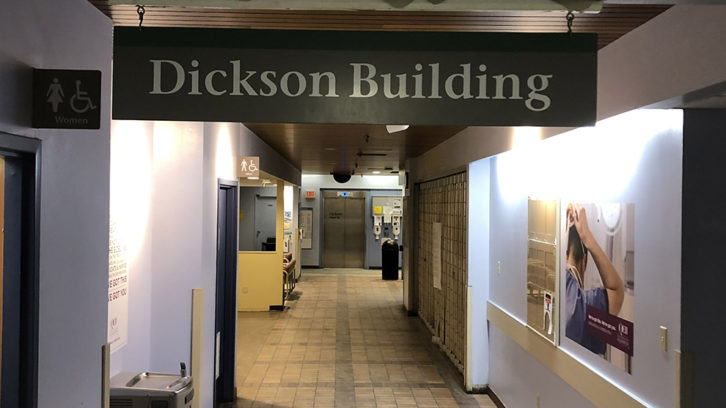Chronic pain advocates calling for more patient supports in Nova Scotia
‘It just feels like you’re swimming with your head barely above the water’

caption
Terry Bremner is the president of the Chronic Pain Association of Canada.Almost three years ago, Terry Bremner closed the doors to his chronic pain support groups in Nova Scotia due to the opioid crisis.
Bremner, 58, is the president of the Chronic Pain Association of Canada and was the facilitator for many support groups across the province.
The support groups were funded by pharmaceutical companies. When news broke in 2017 that Canada was in an opioid crisis and chronic pain patients were among those assumed to be abusing opioids, companies started pulling their funding from those chronic pain support groups.
“It wasn’t like they were giving us medication, they were giving us the funding to educate the people in the community,” said Bremner. Related stories
A media release issued by the Chronic Pain Association of Canada says more than 92 per cent of overdoses involve bootleg fentanyl, “usually mixed with heroin and other street drugs, and alcohol (not ‘diverted’ or stolen prescriptions).
Medically-managed patients are not involved in overdoses yet their care has been decimated.”
Bremner said his pain journey began when he was nine years old after his first unsuccessful surgery.
He said he has had more than five surgeries since, and there are still more to come.
“I just kept going on. I had to put on a mask to get through my day,” he said.
Bremner recalled how his life changed completely after a car crash when he was 31. He could no longer work, lost his business, suffered a brain injury, and developed fibromyalgia, depression, and anxiety. He said he had to check himself into the hospital for mental health services.
“I was scared.”
He saw a pain specialist through these services, where he discovered the chronic pain self management program at the Dickson Building at the QEII Health Sciences Centre. There, he was able to identify with the struggles of others.
Before he knew it, he said he became co-chair of the program at the Dickson. He started an evening group for those who couldn’t attend during the day.

caption
There are about 200,000 chronic pain patients in Nova Scotia. Bremner used to facilitate support groups at the QEII’s Dickson Building.Bremner booked speakers for every session and through word-of-mouth the group grew. He had groups in North Sydney, Antigonish, Truro, Yarmouth, Liverpool, Amherst, Bridgewater, Dartmouth and Halifax. He said he brought together all the facilitators for training sessions and would supply everyone with locations and literature to share.
After growing the program across Nova Scotia, he started 60 groups, with some in each province.
He said on average, it takes two years to see a pain specialist in Canada, and education became the better option for those in the community living with chronic pain.
“Education was my tool, I felt I had to educate the pain public,” he said.
Due to the loss in funding from pharmaceutical companies, Bremner said he had to close all the doors.
“The mask started to fade,” he said.
To this day, Bremner said he still receives phone calls and emails from people asking to join the groups, or asking him when they will start back up.
“It was so sad to see what people lost,” he said.
Chronic pain an ‘overwhelming disability’
Heidi Ryer, a chronic pain patient, agrees that there are very few support groups in the province. She volunteers helping people with brain injuries and guiding them to find the support they need.
She said communication is the main reason why people aren’t getting support.
“People in pain are sometimes isolated in their homes. They don’t know how to reach out because they can be cognitively challenged when they’re in pain,” she said. “It’s about how you reach out to these places and how do those places reach out to you.”
Ryer said some of the support groups are based out of the Dartmouth General Hospital, the Dickson Building, in the Annapolis Valley, and some community multidisciplinary centres, but the centres don’t have fully equipped staff.
The best way to find these resources, she said, is to call pain clinics and ask.
“It’s a very overwhelming disability to have, so when you’re looking for those resources it’s very difficult to find them,” she said. “It just feels like you’re swimming with your head barely above water.”
Ann Marie Guadon, a registered social worker and psychotherapist from CP Counselling Services in Ontario, said chronic pain can be devastating.
“It wipes out lives and the families of the sufferers. It leaves nothing untouched, especially if it is severe, and it can be one of the loneliest diseases of all,” she said. “It takes and it takes until people find themselves alone with their suffering.”
People with chronic pain experience a lot of loss, she said. Some people lose the ability to work, to parent, and relationships can start to break down.
“I’ve heard a lot of ‘I’m done with looking after you’ and ‘I never signed up for this shit,’” she said. “People get left all the time that suffer with chronic pain.”
Guadon said it’s important for chronic pain patients to have proper support. She said a support group can often be a “saving grace,” acting as social outlets and safe places for people to go and discuss what’s going on in their lives.
“Depending on the conditions, the rate of suicide can be two to three times higher of those in the general public,” she said.
Ryer said despite the misconception about chronic pain patients being opioid abusers, there have been positives to come out of it, like more awareness for the condition.
“After research has shown that chronic pain people aren’t the abusers, it brought a lot of money and research for the chronic pain community,” she said.
About the author
Lesli Tathum
Lesli is from the Cayman Islands. She is in her fourth year of journalism at the University of King's College and is a member of the King's Women's...
